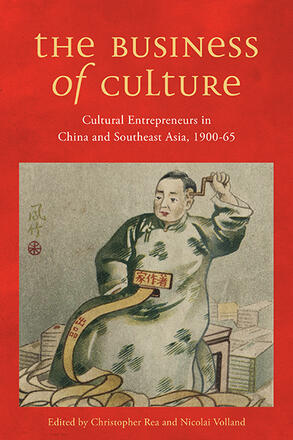
The Business of Culture
Cultural Entrepreneurs in China and Southeast Asia, 1900-65
How did “cultural entrepreneurs” transform the business of culture in modern China and Southeast Asia?
Description
The Business of Culture examines the rise of Chinese “cultural entrepreneurs,” businesspeople who risked financial well-being and reputation by investing in multiple cultural enterprises in the late nineteenth and twentieth centuries. Rich in biographical detail, the interlinked case studies featured in this volume introduce three distinct archetypes: the cultural personality, the tycoon, and the collective enterprise. These portraits reveal how rapidly evolving technologies and growing transregional ties created fertile conditions for business success in the cultural sphere. They also highlight strategies used by cultural entrepreneurs around the world today.
Reviews
This collection of essays represents a new period in the historiography of China, and the vantage point, that of capitalist China revived and flourishing, fits well with the analyses presented in the volume. Indeed, as Rea’s theoretical chapter on the concept of cultural entrepreneurship notes, this offers a new approach to "pluralism and mobility in the cultural sphere" (27) beyond the categories imposed by a political analysis.
- Anna Belogurova, Georg-August Universitat Gottingen, Germany